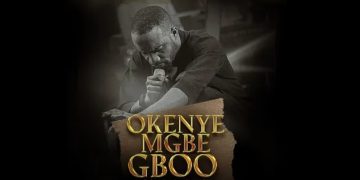59 years after, Nigeria represents poverty.
After a whole 59 years of being independent, Nigeria still faces her original strive “poverty” is still the order of the day.
Citizens of the country prefer to Travel out in a search for greener pasture. Serious killings and unnecessary crimes because of corrupt leaders and systems of Government.
UNLIKE the ongoing effusion of national pride in China (today) and Botswana (yesterday) that are also marking their national days, gloom, anxiety and seething discontent are pervasive among Nigerians at home and abroad on the country’s 59th anniversary.
The reasons are not far-fetched: In June 2018, Nigeria grabbed the title of host to the world’s highest number of people living in extreme poverty. That same year, it ranked the 16th “most dangerous” country to live in, and had the 10th highest unemployment rate.
There is, in addition, a deep feeling of alienation, now increasingly freely expressed, among individuals and groups and the inescapable realisation that this is still a fragile country, but not a nation.
Nigeria is a dream truncated. It has failed to become the united and cohesive plural society inspiring national pride and a sense of belonging among its 250 plus major ethnic nationalities that its founding fathers envisaged.
Instead, it is at best, a “cultural mosaic,” as described by scholars at Carleton University, Minnesota, in reference to the inability of component groups to assimilate or “melt” into a main national culture as in the United States, Australia, Brazil, Philippines and Singapore, among others.






![[Gospel Music] Eldia - Deborahs Rise 6 eldia deborahs rise](https://naijamixed.com.ng/wp-content/uploads/2025/02/IMG-20250201-WA0020.jpg)























